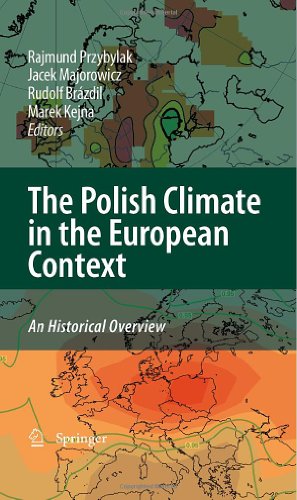

Most ebook files are in PDF format, so you can easily read them using various software such as Foxit Reader or directly on the Google Chrome browser.
Some ebook files are released by publishers in other formats such as .awz, .mobi, .epub, .fb2, etc. You may need to install specific software to read these formats on mobile/PC, such as Calibre.
Please read the tutorial at this link: https://ebookbell.com/faq
We offer FREE conversion to the popular formats you request; however, this may take some time. Therefore, right after payment, please email us, and we will try to provide the service as quickly as possible.
For some exceptional file formats or broken links (if any), please refrain from opening any disputes. Instead, email us first, and we will try to assist within a maximum of 6 hours.
EbookBell Team

4.1
70 reviewsReconstruction of the climate variability of the past 500 years is a topic of great scientific interest not only in global terms, but also at regional and local levels. This period is interesting on account of the increasing influence of anthropogenic forcing and its overlap with natural factors.
The Polish Climate in the European Context: An Historical Overview summarises the results of research into climate variability based on a combination of instrumental, documentary, dendrochronological and borehole data from Poland.
The first part of the book provides a Central European perspective of research in these fields, which forms the general background for a presentation of the state of the art of climatic change studies in Poland during the past 500 years (Part 2). This is followed by a selection of papers dealing mainly with different aspects of climate variability in Poland and Central Europe (Part 3).
"This book is a valuable tool integrating Polish, Central and Eastern European climate research into the global context. It is, as such, a must for climate researchers worldwide."
Gaston Demarée, Royal Meteorological Institute of Belgium
"This volume marks a significant step forward in our understanding of European climatic history."
Christian Pfister, University of Bern